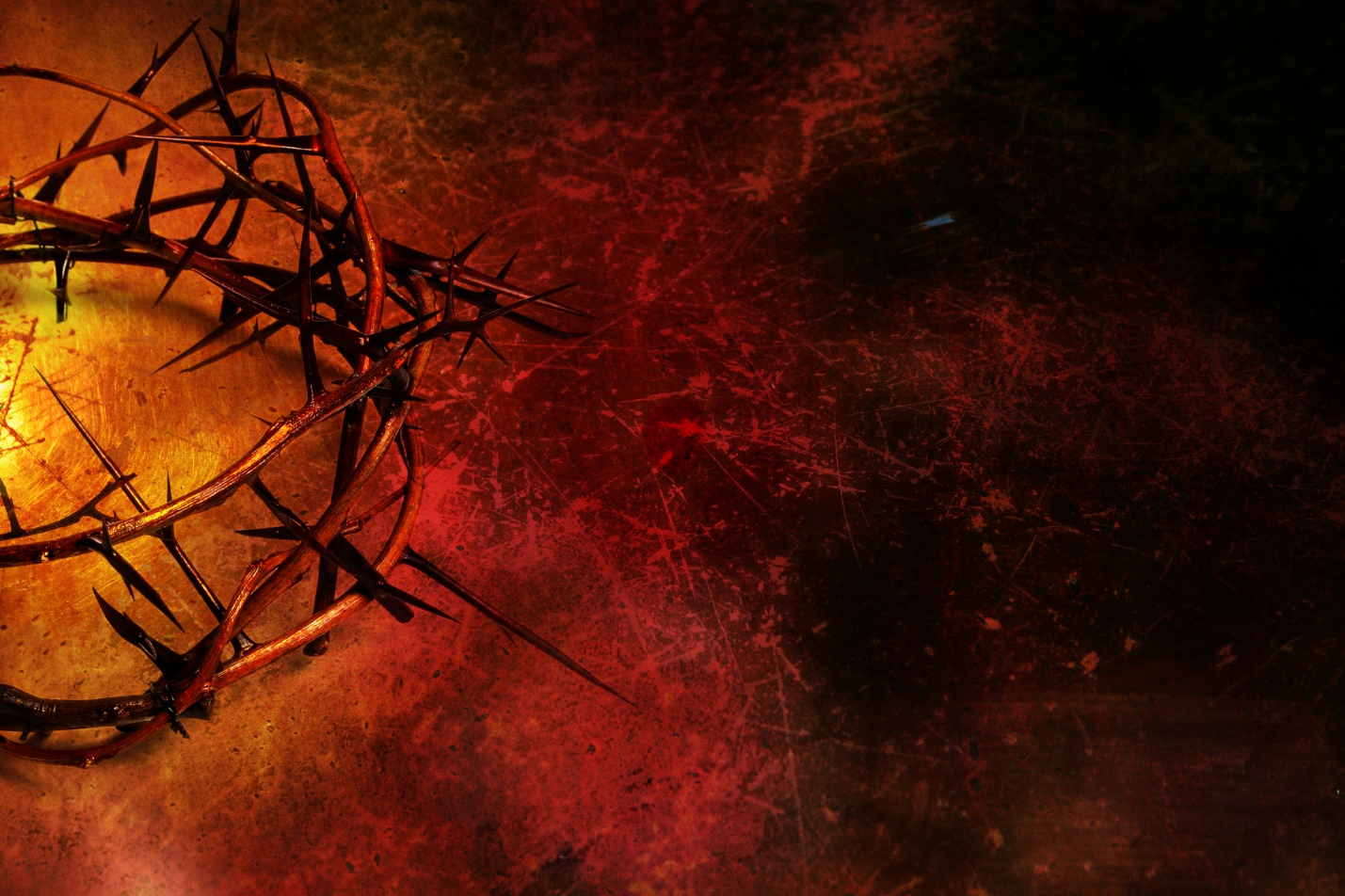BP14
A predominant characteristic . . . of the behavior of those I call evil is scapegoating. Because in their hearts they consider themselves above reproach, they must lash out at anyone who does reproach them. They sacrifice others to preserve their self-image of perfection.
Take a simple example of a six-year-old boy who asks his father, “Daddy, why did you call Grandmommy a bitch?”
“I told you to stop bothering me!” the father roars. “Now you’re going to get it. I’m going to teach you not to use such filthy language. I’m going to wash your mouth out with soap. Maybe that will teach you to clean up what you say and keep your mouth shut when you’re told.”
Dragging the boy upstairs to the soap dish, the father inflicts this punishment on him. In the name of ‘proper discipline’ evil has been committed.

The above section is cited from the book, People of the Lie, written by the insightful psychiatrist, M. Scott Peck. He covered a lot of ground in this book, but one of the main themes he develops is that some people are so emotionally hypersensitive about their internalized badness that they will explode (or quietly react in a deadly way) when anyone touches—purposely or accidentally—their unresolved shame.
As Peck says, if there’s an issue between these individuals and the world, they will always perceive it as the world’s fault. It’s never about them.
These men and women are so fragile that they will level retribution against anyone they perceive is telling them they’re bad. They shoot the messenger. Ready. Fire. Aim. Even if it’s a child. Maybe especially if it’s a child.
According to Dr. Peck, some fathers and mothers will “break” their children when very young by teaching them that they must walk carefully around their parents at all times. These children learn quickly that they must avoid the landmines of their parent’s buried badness or risk being the target of wrath, shame, or even weeks of the dreaded silent treatment.
If the child does not walk carefully on the proverbial eggshells, the parent will punish the remiss child when, like the six-year-old boy above, he triggers his parent’s deep sense of guilt or shame.
I’m sure many of us know a child who has been assigned the role of black sheep in their family because they have exposed the parent’s badness. Maybe even as a child born out of wedlock or as the result of an affair, their mere existence announces the parent’s shame to the condemning world.
Tragically, some parents have even physically murdered their child because he or she triggered their shame. Humans hate having their badness exposed for others to see–some more than others, of course.

What dynamic is Peck describing in The People of the Lie? He’s talking about the concept of projection (as opposed to transference).
Projection occurs when someone gets rid of his badness by placing it into/onto someone else so that the other person becomes the bad one and the projecting person becomes the good one. The guilty one will place her badness into the other person, often canceling them in the process.
We’re living in a cancel culture right now. Bullying, blaming, political shaming, annihilation by the media, racism and often even rioting are the manifestation of projection. And at the root of projection is the attempt to get rid of one’s own badness and shame by putting it on or into somebody else and then punishing that person or object.
Why do people blame and project? They’re exhaling. They’re doing the second of the Two Things. They’re getting rid of the CO2, the badness, the waste material (true guilt) that always lingers in the wake of sin.
In BP13, we considered the two core things that must be addressed during our human existence—must because we will act on these things whether we intend to or not. First, we seek to fill our emptiness with something filling or fulfilling. Second, we attempt to get rid of our badness.
Again, pursuing these two things is like breathing. We don’t usually make a conscious intent to breathe, but we must have oxygen. Thus, we will inhale and exhale involuntarily.
BP13 was a high-level look at the first thing—inhaling the good oxygen so that we will live. BP14 will consider the second thing—exhaling the bad CO2 (guilt, shame, badness).
God’s word is clear that when we sin against Him or others (maybe even against our own selves), a residual is left behind. It’s known by many names: Shame. Guilt. Badness. Fault. Unholiness. Unrighteousness. Remorse.
This residual cries out for attention. Deal with me, the shame demands. Get rid of this waste byproduct ASAP! Haul it out to the curb like the weekly trash or it will stink up the house of your soul.

So, the second thing is all about what we must do with our badness. Ideally, we will exhale it because to keep it inside is to slowly succumb to its toxic effects.
One coping skill that people employ to deal with their guilt is to simply deny that they sinned or disobeyed or rebelled, but that doesn’t resolve the issue. The residual badness remains inside waiting to be exhaled like exhaust from a car engine.
These people might insist, “I didn’t do it,” or “I don’t remember,” or “What I did wasn’t wrong.” These denials represent an attempt to deal with the residual badness that accompanies sin by proclaiming that there’s no guilt because the person didn’t do anything wrong. Peck labels these disavowals as lies to oneself.
Any of us can deny guilt until we’re blue in the face, but the CO2 (or CO) remains inside our souls and poisons us. Sin’s exhaust will impact us physically, emotionally and relationally. It’s related to the Leakage and the Volcano we looked at in previous posts.
We sense the residual badness and so we know we did something wrong, but we hide. Like Adam and Eve in the Garden, we put on a bunch of fig leaves to cover our sin and avoid God.
As if putting on a body covering will make the cancer inside of us go away.
Another option people choose to deal with their true guilt (as opposed to false guilt which we’ll discuss in future posts), is to shoot the messenger. In other words, they devalue the truth that tells them they’ve done something wrong; and they attack or attempt to cancel the person (God, a boss, a police officer, a teacher, a parent, a pastor, a friend or maybe even a therapist) who delivers the truth that they did something wrong or that there is something amiss with their personality.
A rule of thumb is that the more vehemently a person reacts to the message of truth, the more badness that person is secreting within themselves—it’s a positive correlation.
There’s a reason people are enemies of God. They hate it when God, through the Presence of His Holy Spirit and His word, convicts them of slander, disobedience, pride, hatred, immorality, or unfaithfulness to their spouse.

John 3:19 says, “The light has come into the world, and people loved darkness rather than the light because their works were evil. For everyone who does wicked things hates the light and does not come to the light, lest his works should be exposed.”
Evil, sin, darkness, rebellion, and pride do not want to be exposed. So how does that play out?
A person can avoid the light or accuse the light of being wrong. Call it darkness. Soon, people are calling wrong, right, and right, wrong. A total reversal has occurred all in the name of shooting the messenger who exposed the badness inside.
Beware of people who defend themselves to a fault. They are unapproachable with truth. They are irrational. Jesus said to wipe the dust off your feet when you leave a town where people do not want to hear the truth. Many words will not convince them. They will defend their innocence (or badness) at any cost.
In summary, getting rid of badness–the toxic byproduct of sin–is the second of the Two Things. And one way to rid oneself of this badness is via the psycho-spiritual mechanism known as projection. This tool that is conjured up by many men and women to deal with badness is universal in its occurrence, dangerous in its impact, and sometimes even murderous.
We read an example at the beginning of this post. In Peck’s brief account, the son innocently stepped on the landmine of his father’s badness by asking him why he called grandmother a bad name. He was the messenger that exposed his father’s residual guilt that resulted from his disrespect of his mother.
So, what did this guilty father do? Did he admit his fault? No. Did he ask for forgiveness? No. He killed the messenger by projecting his badness onto the son who then needed to be punished.

Projection is an actual transfer of badness/guilt into another person. If you are the recipient, you will feel it and sense it. The projected waste may linger inside of you for hours or days. If the person you encounter has a lot of badness inside, the transfer will be physically tangible for weeks.
Some recipients of the projection will respond by asking forgiveness for something they didn’t do so they can be free of a crushing guilt they didn’t generate.
As a segue to next week, I’ll say this in way of a preview: the second thing–removing badness–cannot be accomplished by humans. The shame of doing wrong might be denied, projected, or maybe occasionally confessed but it will never be removed. It’s toxicity remains within us until it is washed away by a divine act.
God always cancels the sin and shame, never the person.
This is where Jesus comes in. In BP 15, we’ll see why He is indispensable to every human on this planet because He personally addresses the Two Things. He is both the One who fills our emptiness with joy and also the One who removes our badness by taking it onto his own head.

He is our loving scapegoat who willingly sacrificed Himself for us.
And [the priest] shall lay both his hands on the head of the live goat, and confess over it all the iniquities of the people . . . and all their transgressions, all their sins. And he shall put them on the head of the goat and send it away into the wilderness. . . . The goat shall bear all their iniquities on itself to a remote area ~ Leviticus 16:21, 22
